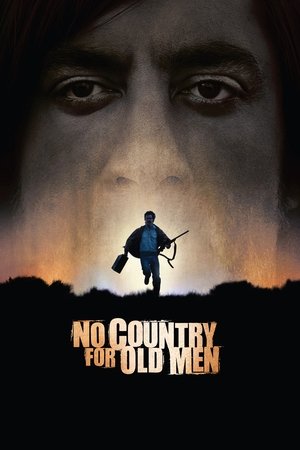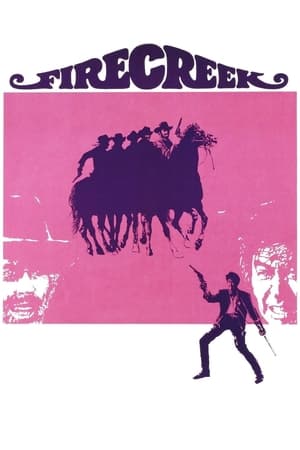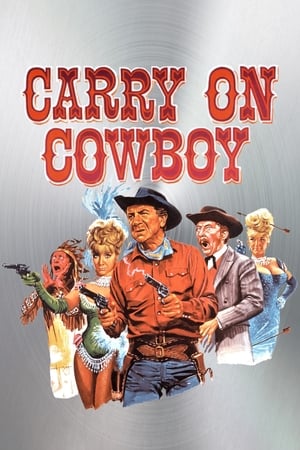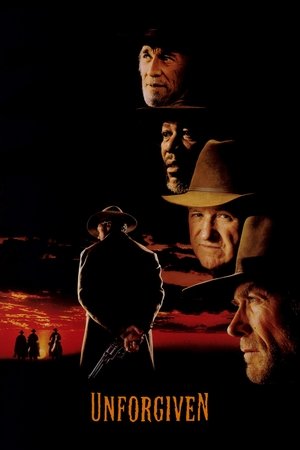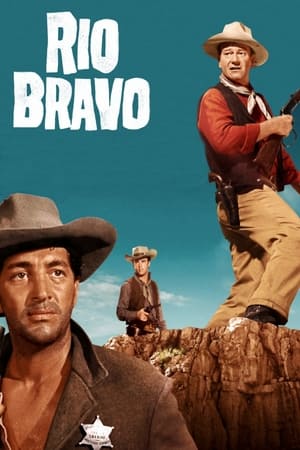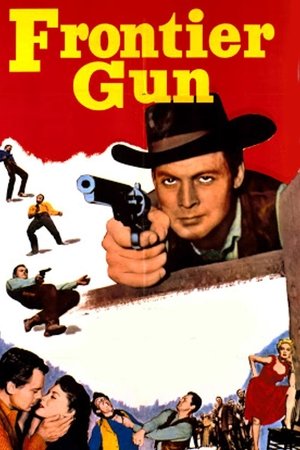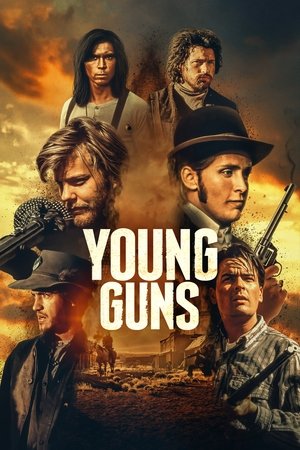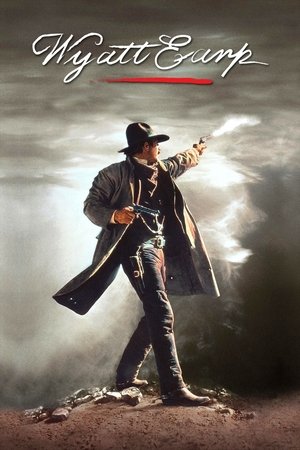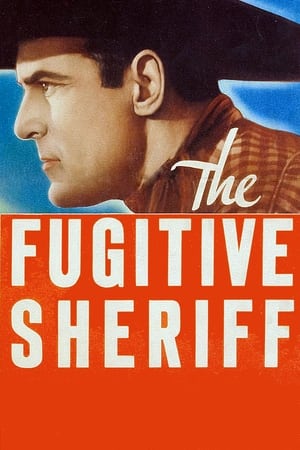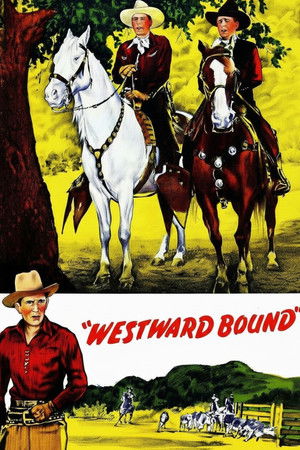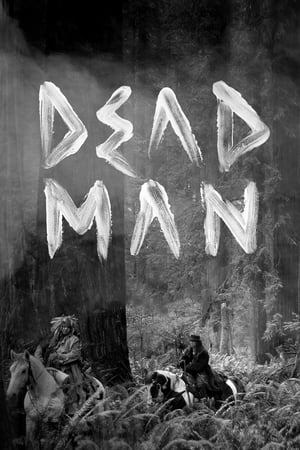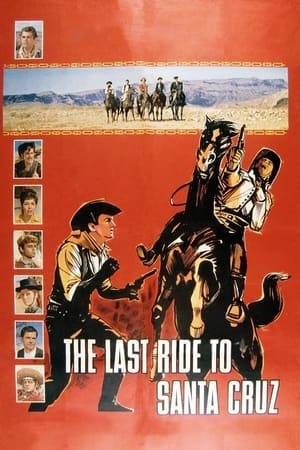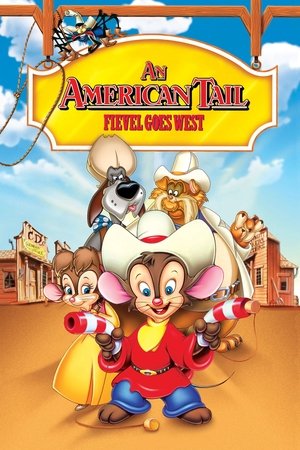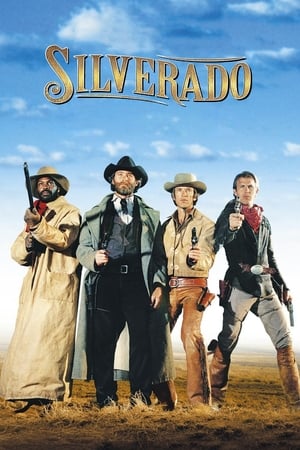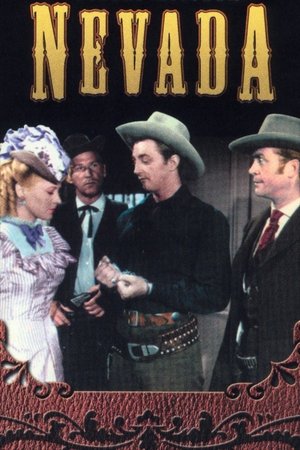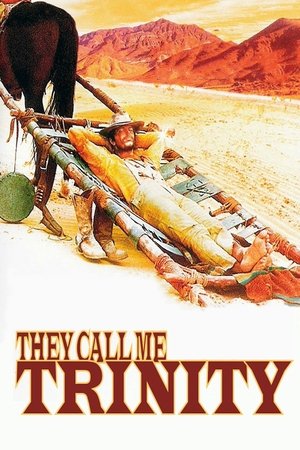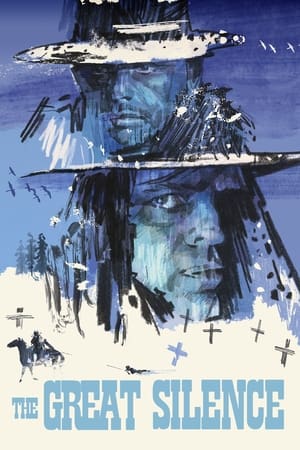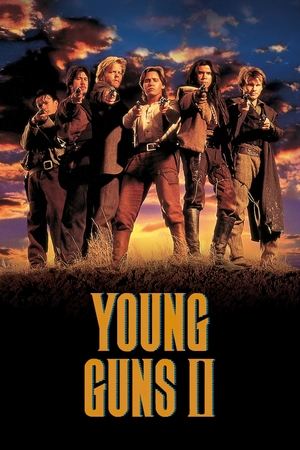Overview
A man and his partner arrive at a small Western town to kill its most powerful man because the former blames him for his wife's death.
Reviews
This may not be as strong as other Scott/Boetticher Westerns, such as 'Buchanan Rides Alone' or 'The Tall T', but it's very strong, and would make a great double bill with 'High Noon'--another fine flick about someone being brave enough to stand against the tide of local cowardice, and get things done in cleaning up the town's garbage.
This is very unique in that Scott's character, Bart Allison, is determined for revenge, three years in the making, for the bad guy seducing his wife (who ended up killing herself in disgrace). He seemed to think his wife had the moral fibre not to do that sort of thing willingly--unfortunately, the entire town, even his best friend, seems to know otherwise.
A great look at the lengths some will go to right wrongs they come across in life. Allison's dismay at the community for allowing another wrong to happen, midway through the picture, is something that haunts and stays with you, long after the film concludes. I would have given this a higher rating, aside from an obvious, amateurish mistake that happens around ten minutes into the film, when one of the women talks, but an arm from one of the actors completely occludes her mouth, straight through her entire spiel. It's a minor thing, perhaps, but I'm very surprised no one caught it by the time it was released, especially a director of Boetticher's stature.
They wont forget the day Bart Allison came to town.
Bart Allison and Sam, his trusty companion, ride into Sundown looking for a guy named Tate Kimbrough. It appears that Kimbrough had a dalliance with Allison's wife some years earlier, an affair that led to the suicide of the erstwhile Mrs. Allison. With revenge and hatred eating away at him, Allison will not rest until he gets his man, but his very being here in Sundown will be the catalyst for not only himself, but also every other resident of this dusky town.
Randolph Scott (Bart Allison) and director Budd Boetticher made seven very interesting and intelligent Westerns together, each man seemingly using each one as a muse of sorts. This particular entry on their wonderful resumes is a fine testament to their winning formula, for Decision At Sundown offers up something different outside of your standard Western fare. The plot structure is for sure very basic, the man out for revenge, and the town in the grip of less than honourable men, but here our main protagonist really isn't thinking with his head. He is driven by rage and an affair of the heart, he in fact doesn't care if he lives or dies, just as long as he gets his man! Also of interest is the effect on the town of Sundown that Allison has, it certainly lent me to think about some so called supernatural Westerns that would surface later on down the line, whilst the ending here doesn't resort to any sort of cop out formula, it's poignant and begs for a further train of thought.
Scott is first rate as Allison, grey hair personifying the wisdom that he has lost due to his blind thirst for revenge, he has a devilment glint that's evident in both of his eyes. Scott does an excellent line in rage and grief stricken acting, further cementing his reputation as a wonderful actor in the splendid Western filmic sphere. Backing Scott up is Noah Beery Jr (Sam) and John Archer as Dr. John Storrow, but of the rest of the cast I personally couldn't lend too much praise for, with the main negative of note being that the villains of the piece barely get out of grumpy only territory. John Carroll (Kimbrough) and Andrew Duggan as crooked Sheriff Swede Hansen really should have gone for a more twirling moustache type villainy than the underplayed ones that we actually get.
But underplayed villains be damned, this is still a hugely enjoyable picture, and one that definitely holds up on a repeat viewing whilst solidifying the top end genre status of Boetticher and Scott as a pairing. 7/10
***Quaint town-bound Western soap opera with Randolph Scott***
Two ex-Confederates (Randolph Scott & Noah Beery Jr.) arrive in the town of Sundown on the wedding day of the town boss (John Carroll), whom the leader of the two (Scott) blames for someone’s death years earlier. Andrew Duggan plays the crooked sheriff.
“Decision at Sundown” (1957) has the typical Western tropes: bold stranger, his amiable sidekick, the tyrannical town boss, his crooked sheriff, their hired guns, the good girl, the bad girl, and the quaint town setting filled with the typical characters (the barber, the doctor, the minister, etc.). All of these are routine for traditional Westerns.
What sets “Decision at Sundown” apart are the interesting nuances of the protagonist and antagonist. The villain is the standard town kingpin with his bought sheriff & gunmen that overwhelm the town folk. The hero is the stock laconic outsider who rides in on a duty of vengeance.
The modification is the character of the hero and villain. Bart Allison (Scott) is noble on the surface, but he’s a curious and flawed protagonist. He lacks insight to his wife's character. What happens to her while Bart is fighting the war is revealing and begs the question: What kind of husband was he? His legalism might attract respect superficially, but repel those closer.
Tate Kimbrough (Carroll) is the ruthless town boss, but he has undeniable charisma and is a lady’s man. He has an open relationship with a courtesan, Ruby (Valerie French), while intending to wed the good girl, Lucy (Karen Steele). Moreover, he obviously has no qualms about having affairs with married ladies. Nevertheless, he’s likable, level-headed and robust. He loves and understands the fairer sex. He’s honest with them concerning his questionable morals, yet his charisma draws them regardless. The respectable Lucy concedes that she pursued him. It’s not hard seeing Errol Flynn or Clark Gable in this gig.
These distinguishing elements make “Decision at Sundown” worthwhile, but they don’t remove the fact that it’s a town-bound Western soap opera that lacks the mesmerizing style of “Rio Bravo” (1959).
The film runs 1 hour, 17 minutes, and was shot at Agoura, California.
GRADE: C+/B-
The town of “Sundown” is having itself a wedding. Their boss “Tate” (John Carroll) is to marry “Lucy” (Karen Steele) and just as the preacher asks about anyone objecting, in comes “Allison” (Randolph Scott) with his fly for their ointment. You see he thinks that “Tate” had an hand in the murder of his wife some years back. Of course the townsfolk think this is all nonsense, not least because “Tate” claims to have no idea who his new nemesis is, and “Allison” confirms that they’ve never met. A brief fracas ensues that sees the visitor and his travelling companion “Sam” (Noah Beery Jr.) holed up in the fortress-like livery stable under siege. Now like me, you’re probably thinking there is nothing new about this at all. Well it’s now that the story diverges a little in that instead of standing behind their curtains quivering, some of the townsfolk start to wonder if maybe this is a good opportunity to put a stop to “Tate” and his corruption. These opinions start to formulate more solidly with local rancher “Chase” (Ray Teal) and are galvanised by the doctor “Storrow” (John Archer) and so soon it’s only the gun-for-hire sheriff “Swede” (Andrew Duggan) who is on the side of his boss. What we also learn from “Sam” is that the murdered woman might not have been all she was cracked up to be by her husband, and so there might be some doubt about the legitimacy with which “Allison” is fuelling his vendetta. Might it all come down to a shoot-out on main street, or perhaps something altogether less expected might play out? To be honest, none of the acting here is really up to very much and Scott never was my favourite leading man, but there are solid co-starring efforts across the board with Steele and Valerie French’s “Judy” having a little more of what is not such a procedural plot as I'd anticipated. There’s plenty of action but just a little more substance to this short western, and I quite enjoyed it.

 78 min
78 min
 6.3
6.3
 1957
1957
 USA
USA
 talisencrw wrote:
talisencrw wrote: